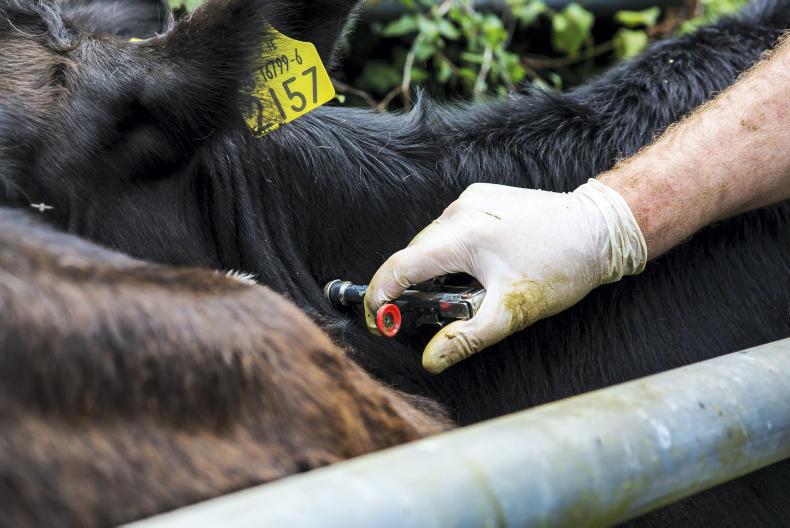Earlier this week, the Department of Finance set out three possible budget scenarios to help inform decision making, ideally by an incoming executive at Stormont, or failing that, by the NI Secretary of State, James Brokenshire.
The scenarios put forward are for the 2018/19 and 2019/20 budget years and mainly cover resource budgets (which are for day-to-day running costs, including staff).
The main source of funding is from the NI block grant allocated from Westminster.
While the £10bn per year is little changed, there is no account taken of inflation, meaning that in real terms the money is going down.
With current pressures in health and education described in the document as “unsustainable”, these departments are assumed to be exempt from reductions. It leaves the other government departments, including DAERA, shouldering the brunt of further cuts.
Under scenario one, it is assumed that the level of cuts applied in recent years continue to 2020, which means a 4% reduction in 2018/19 and an 8% reduction by 2019/20.
In scenario two, some extra money is generated (for example, by a hike in rates) meaning cuts are less severe.
In scenario three, cuts of 7% in 2018/19 and 12% in 2019/20 are applied to allow some extra money to flow to health and education.
So what would all that mean for DAERA, a department that has already been severely cut in recent years? In 2017/18, its current resource budget is £190.8m. Under scenario one, this drops to £175m by 2019/20, in scenario two it is £180m and in scenario three it is £170m.
Obviously, scenario two is the best outcome, but even then, DAERA officials make clear that staff numbers will reduce, existing rural development and environmental programmes are scaled back, and work on TB eradication and sustainable land use deferred.
In the other two scenarios, as well as the issues highlighted above, officials suggest that the pressures could mean CAP payments to farmers are delayed.
Meanwhile, the £193m that was supposedly going to come from Stormont to fund capital grants under the Farm Business Improvement Scheme – the £40m to fund the first two tranches of Tier 1 and 2 might be it for now.






 This is a subscriber-only article
This is a subscriber-only article









SHARING OPTIONS: